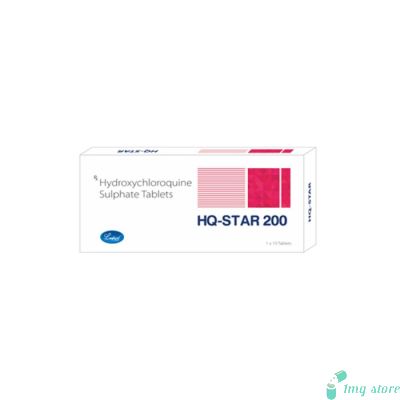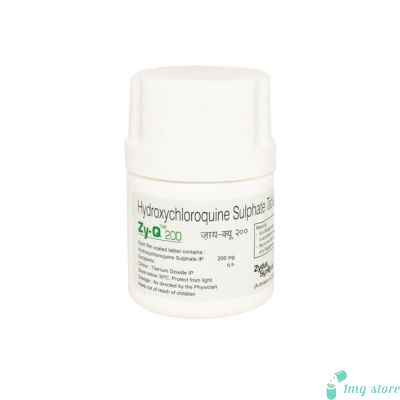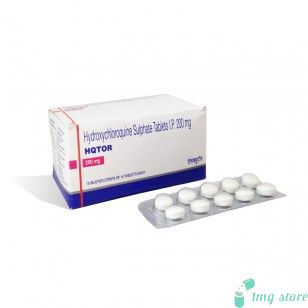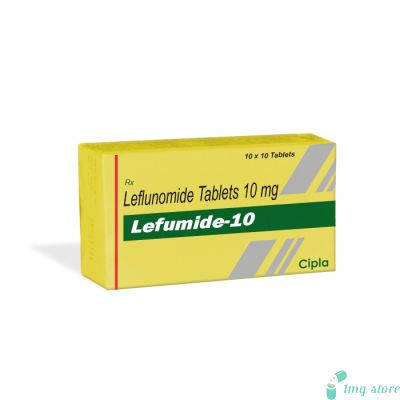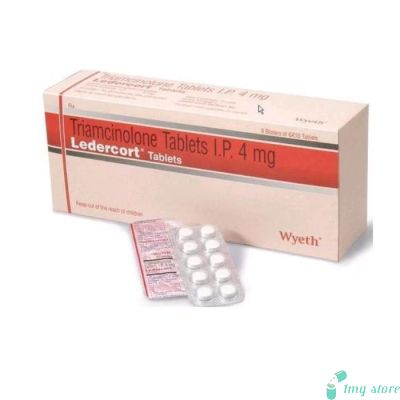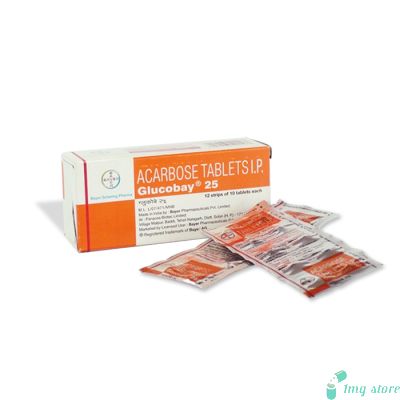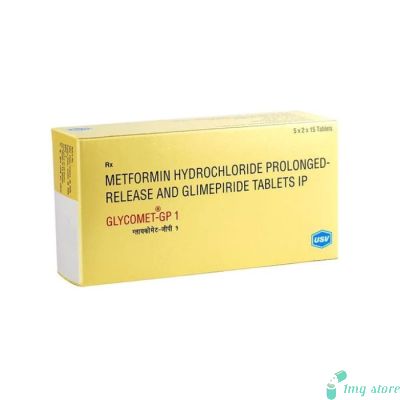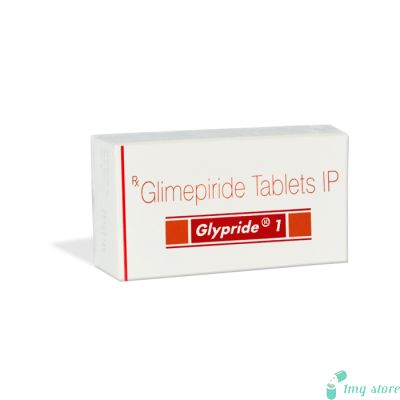Hydroquin Tablet (Hydroxychloroquine)
Hydroxychloroquine Tablet is commonly known by its name generic Plaquenil. It falls under the category of antimalarial drugs, but its utility extends far beyond its original purpose. Hydroxychloroquine Tablet is widely prescribed for various autoimmune conditions, including rheumatoid arthritis and lupus, owing to its immunomodulatory properties.
What is Hydroxychloroquine Tablet?
Hydroxychloroquine Tablet, commonly known by its generic name Plaquenil, is a medication that has gained prominence for its diverse applications in the medical field. It falls under the category of antimalarial drugs, but its utility extends far beyond its original purpose. Hydroxychloroquine Tablet is widely prescribed for various autoimmune conditions, including Rheumatoid Arthritis and lupus, owing to its immunomodulatory properties. This comprehensive guide delves into the dosage information, uses, potential side effects, precautions, and drug interactions associated with Hydroxychloroquine Tablets, offering you a detailed overview to aid your understanding. Hydroxychloroquine Sulfate Tablet is a formulation that contains hydroxychloroquine sulfate as the active ingredient. This medication is used to treat a range of conditions, including malaria and autoimmune diseases, due to its anti-inflammatory and immunomodulatory properties. Hydroxychloroquine autoimmune tablets help manage symptoms by suppressing immune system overactivity, thereby reducing inflammation and improving the overall quality of life for patients.
Dosage Information for Hydroxychloroquine Tablet (Hydroquin)
Recommended Dosage: The dosage of Hydroxychloroquine Tablet can vary depending on the medical condition being treated. For malaria prophylaxis, the typical adult dose is 400 mg once a week, initiated a week before entering a malaria-endemic area and continued throughout the stay and for 4-8 weeks after leaving the area. For autoimmune diseases like rheumatoid arthritis and lupus, the initial dose is often 400 mg to 600 mg daily, which may be gradually reduced over time.
Missed Dose: If a dose of Hydroxychloroquine Tablet is missed, it should be taken as soon as remembered. However, if it is close to the time for the next scheduled dose, skipping the missed dose is recommended to avoid doubling up on doses.
Overdose: In the event of an overdose of Hydroxychloroquine Tablet, seek medical attention immediately. Overdose symptoms may include severe dizziness, slow heart rate, fainting, and difficulty breathing.
Hydroxychloroquine Tablet for Sale:
Hydroxychloroquine Tablets are available for purchase on 1mgstore.com, a reputable online platform that offers a range of medications and healthcare products. When considering buying medications online, it's essential to ensure that the platform is authorized, regulated, and follows proper guidelines to guarantee the authenticity and quality of the products being offered.
When Using Hydroquin Tablet (Hydroxychloroquine), It Is Important To Take Certain Precautions
- Medical History: Inform your healthcare provider of your complete medical history, especially if you have a history of heart problems, liver disease, certain eye conditions, or glucose-6-phosphate dehydrogenase (G6PD) deficiency.
- Pregnancy and Breastfeeding: Hydroxychloroquine Tablet (Hydroquin/Plaquenil) should be used cautiously during pregnancy and breastfeeding. Consult a doctor to weigh the benefits against potential risks.
- Sun Sensitivity: Hydroxychloroquine Tablet (Hydroquin) can make your skin more sensitive to sunlight. Take precautions such as wearing protective clothing and using sunscreen to avoid sunburns.
- Interactions with Other Medications: Hydroxychloroquine Tablet (Hydroquin) can interact with various medications, including certain antacids, digoxin, and drugs that affect heart rhythm. Inform your doctor about all medications you are taking.
- Regular Monitoring: Long-term use of Hydroxychloroquine Tablet (Hydroquin) requires periodic monitoring of blood tests, eye examinations, and overall health to manage potential side effects and ensure its continued safety.
Some of the specific indications for Hydroxychloroquine Tablet (Hydroquin) include
- Malaria Treatment and Prophylaxis: Hydroxychloroquine Tablet (Hydroquin /Plaquenil) has been traditionally used as an antimalarial agent. It works by interfering with the growth of parasites in red blood cells, effectively treating and preventing malaria infections.
- Autoimmune Diseases: Hydroxychloroquine Tablet plays a pivotal role in managing autoimmune conditions such as rheumatoid arthritis and Systemic Lupus Erythematosus. Its immunomodulatory properties help suppress an overactive immune system, reducing inflammation and disease activity.
- COVID-19: At one point, Hydroxychloroquine Tablet garnered attention as a potential treatment for COVID-19. However, subsequent research has cast doubt on its efficacy in this regard, and its use for COVID-19 treatment is not recommended.
- Skin Disorders: Hydroxychloroquine Tablet is sometimes prescribed to manage certain skin conditions like cutaneous lupus erythematosus and porphyria cutanea tarda.
- Rheumatic Conditions: Apart from rheumatoid arthritis and lupus, Hydroxychloroquine Tablets may also be used to alleviate symptoms of other rheumatic diseases like Sjögren's syndrome and juvenile idiopathic arthritis.
Crucial Side Effects to Be Observed When Using Hydroxychloroquine Tablet (Hydroquin)
- Common Side Effects: Commonly observed side effects of Hydroxychloroquine Tablet include nausea, diarrhea, stomach cramps, headache, and changes in hair color.
- Serious Side Effects: While rare, serious side effects can occur. These may encompass vision changes, muscle weakness, heart rhythm disturbances, and severe skin reactions. Any unusual symptoms should be reported to a healthcare provider promptly.
- Psychiatric Effects: In some cases, Hydroxychloroquine Tablet might lead to mood changes or psychological symptoms. Contact a healthcare professional if you experience anxiety, depression, or other behavioral changes.
- Allergic Reactions: Allergic reactions to Hydroxychloroquine Tablets are possible, with symptoms such as rash, itching, swelling, and severe dizziness requiring immediate medical intervention.
- Eye Issues: Prolonged use of Hydroxychloroquine Tablets can lead to eye problems, including retinal damage. Regular eye check-ups are crucial for monitoring ocular health.
Frequently Asked Queries About Hydroquin Tablet (Hydroxychloroquine)
Q1. Can I take Hydroxychloroquine Tablet for COVID-19?
Answer: No, recent research has not supported its efficacy for COVID-19. Hydroxychloroquine Tablet is not recommended for COVID-19 treatment or prevention.
Q2. Is it safe to use Hydroxychloroquine Tablets during pregnancy?
Answer: Using Hydroxychloroquine Tablets during pregnancy should be discussed with a healthcare provider. Balancing potential benefits and risks is crucial for making an informed decision.
Q3. Can Hydroxychloroquine Tablet affect my eyesight?
Answer: Yes, prolonged use can lead to eye issues, including retinal damage. Regular eye check-ups are essential to monitor and prevent potential problems.
Q4. Are there any food interactions with Hydroxychloroquine Tablets?
Answer: There are no specific food interactions, but taking antacids or kaolin at least four hours apart from Hydroxychloroquine Tablet is advised to prevent interference with absorption.
Q5. Can I stop taking Hydroxychloroquine Tablet if my symptoms improve?
Answer: No, discontinuing the medication without consulting a healthcare professional can lead to a relapse. Always follow your doctor's instructions and discuss any changes in your treatment plan.
Combining different drugs with Hydroxychloroquine Tablets (Hydroquin) can lead to Adverse Effects
- Digoxin: Hydroxychloroquine Tablet (Hydroquin ) can increase the levels of digoxin in the blood, potentially leading to toxic effects. Regular monitoring of digoxin levels is essential when taken concurrently.
- Antacids and Kaolin: These substances can interfere with the absorption of Hydroxychloroquine Tablets, so it's advisable to take them at least four hours apart.
- Cimetidine: Cimetidine can increase the blood levels of Hydroxychloroquine Tablets, which might necessitate a dosage adjustment.
- Heart Rhythm Medications: Combining Hydroxychloroquine Tablets with medications that affect heart rhythm, like amiodarone, can increase the risk of irregular heartbeats.
- Methotrexate: When used in combination with Hydroxychloroquine Tablet, methotrexate can enhance the risk of retinal damage. Close monitoring is crucial when using these medications concurrently.
| Manufacturer | : | Sun Pharma, India |
| Equivalent Brand | : | Plaquenil |
| Generic Search | : | Hydroxychloroquine Sulfate |







